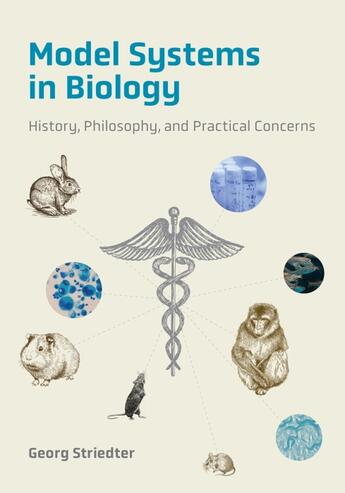-
Date de parution : 02/08/2022
-
Editeur :
Mit Press
-
EAN : 9780262046947
-
Série :
(-)
-
Support :
Papier
-
Nombre de pages : 304
-
Collection :
(-)
-
Genre :
(-)
-
Thème :
Enseignement
-
Prix littéraire(s) :
(-)
Résumé:
B>How biomedical research using various animal species and in vitro cellular systems has resulted in both major successes and translational failure./b>br>br>In Model Systems in Biology, comparative neurobiologist Georg Striedter examines how biomedical researchers have used animal species and in... Voir plus
B>How biomedical research using various animal species and in vitro cellular systems has resulted in both major successes and translational failure./b>br>br>In Model Systems in Biology, comparative neurobiologist Georg Striedter examines how biomedical researchers have used animal species and in vitro cellular systems to understand and develop treatments for human diseases ranging from cancer and polio to Alzheimers disease and schizophrenia. Although there have been some major successes, much of this translational research on model systems has failed to generalize to humans. Striedter explores the history of such research, focusing on the models used and considering the question of model selection from a variety of perspectives--the philosophical, the historical, and that of practicing biologists.br>;br>Striedter reviews some philosophical concepts and ethical issues, including concerns over animal suffering and the compromises that result. He traces the history of the most widely used animal and in vitro models, describing how they compete with one another in a changing ecosystem of models. He examines how therapies for bacterial and viral infections, cancer, cardiovascular diseases, and neurological disorders have been developed using animal and cell culture models--and how research into these diseases has both taken advantage of and been hindered by model system differences. Finally, Striedter argues for a big tent biology, in which a diverse set of models and research strategies can coexist productively.
Donner votre avis














